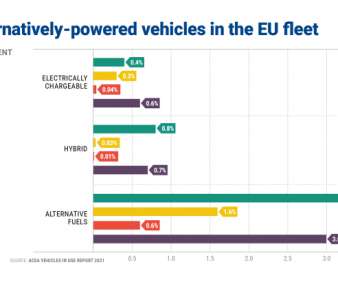Benteler-SGL inaugurates new composites production facility in Austria
Green Car Congress
OCTOBER 22, 2012
Benteler-SGL GmbH, a joint venture between Benteler Automobiltechnik GmbH and SGL Group, has inaugurated its new production facility in Ort im Innkreis, Austria. The 45,000 m² site will begin manufacturing composite automotive components in serial production beginning in mid-2013. blades, doors and visible carbon components.












Let's personalize your content